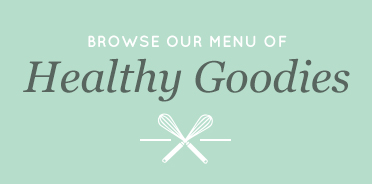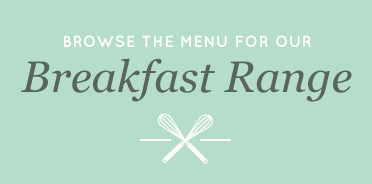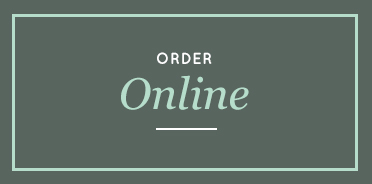One of the most precious moments in our lives is the beautiful miracle that is childbirth. We have, over millennia, evolved our biological functions to adapt to our existence on this planet and ensuring that the ecology around us is geared towards our needs. The most successful of our achievements is our ability to reproduce and to populate this planet with our species, Homo Sapiens.
In our contemporary era we have been able to fine tune the needs of our bodies and use science to identify what diet and activity best suits the different periods of our development. Therefore, there is little reason to ignore so much published and public knowledge on nutrition and wellbeing. In fact it is incumbent on us to identify what works best for us and how can we extract the most amount of value from the availability of produce and general foodstuff in our cities and towns. The UAE has developed in leaps and bounds over the last few decades, so much so that we are reaching leading levels of global convenience comparable to some of the world’s leading cities.
My personal relationship with food is very simple, I enjoy sourcing it, cooking it and consuming it. It is, for me, both a pleasure and a necessity. You can only fully understand and appreciate what is in your food by using seasonal fresh products and making it from scratch. If we can all agree on some of these simple principals, then surely we can all accept that we would want to ensure that our children and family as a whole should benefit from this approach. It all begins from before our pregnancy, maintaining a well-balanced regime of food and exercise to build sufficient body strength to assist in the 9 months before childbirth.
Eating healthy during your pregnancy should mirror your everyday approach to your normal dietary regime, with the marked difference being that you have to ensure that you are receiving all the nutrition for the development of your not yet born child. A well thought out nutritional approach during pregnancy is very important to your baby’s growth and development. Your aim critically has to be to incorporate a large variety of food groups, including sufficient amounts of fruits, vegetables, grains, fresh protein sources and dairy products which contain many important nutrients and minerals for the pregnancy. As an example, pregnant women require approximately 70mg of vitamin C daily, contained in fruits like oranges, grapefruits and vegetables such as broccoli, tomatoes and brussel sprouts. Always remember that the nutrients are locked into the whole fruits and vegetables and drinking their juice is not sufficient. Eat little and often, snacking through the day to maintain your daily energy needs. You will need to keep away from many toxins, including coffee and alcohol, try replacing them with one of my favourite immune boosters, a Turmeric latte. A wonderful spice, Turmeric is anti-inflammatory and anti-oxidant and has been used for thousands of years by the Chinese & Indians as Ayurvedic medicine. It assists with conditions including, heartburn, depression, IBS, fatigue amongst many other benefits. You can never forget the all-important greens: broccoli, cabbage, spinach, kale and avocado.
Here are some food items you might want to focus on during a pregnancy:
• Almonds – contain protein, iron and increase the volume of blood in the body assisting with
fatigue.
• Broccoli – for its magnesium, folic acid and calcium.
• Berries – they give you that energy boost and contain antioxidants, folic acid, beta-carotene,
vitamin C & potassium.
• Cabbage – contains folic acid, vitamins, potassium and iron
• Chia Seeds – are gluten free, high in fiber and anti-oxidants and also contain vitamins B1, B2 &
B3
• Dates & Prunes – a good source of various vitamins and minerals, calcium, iron, potassium,
magnesium.
• Oats – rich in fiber, especially beta-glucan, and are high in vitamins, minerals and
antioxidants.
• Omega fatty acids – sunflower seeds, pumpkin seeds, flaxseeds, walnuts, soybeans, salmon. Omega
fats assist in the child’s cognitive and vision development and contains iron and zinc.
• Pomegranate – a good source of iron, vitamins A, C & E.
AVOID – any packed and processed food, fizzy drinks, alcohol, coffee, sugars, refined products, raw meat, fish, pate, liver and any additives.
The most beneficial advice is to approach your pregnancy from a holistic perspective, tackling both your emotional and physical needs. Incorporating appropriate exercise into your weekly routine is key for both physical and mental fitness; try a combination of yoga and meditation. You will find that this will greatly assist you by relieving daily stress and allowing you to disengage from the pressures of everyday life. It is exceptionally important that we always find ME time and maintain control over our lives, leading to a more relaxed and happier pregnancy.
Note: Please always consult your physician and nutritionist before embarking on any physical exercise and any specific dietary approach, especially when pregnant. Each person is different and will vary in their dietary and physical exercise needs.
Moni





Leave A Comment